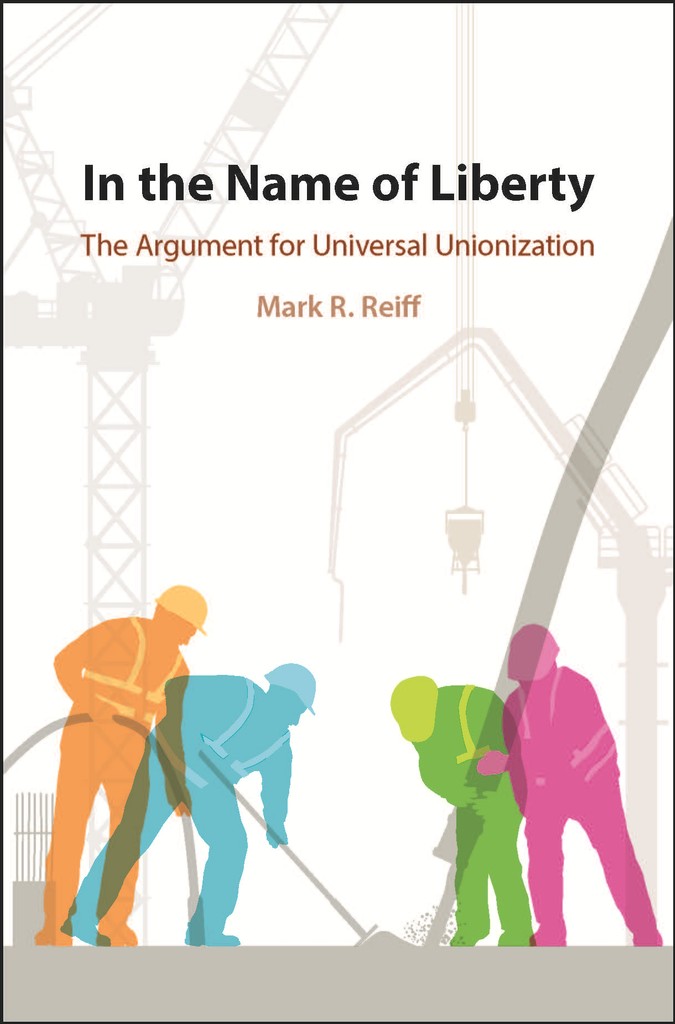For some time now, union membership has been steadily declining. As a result, unions may soon lose their ability to adequately protect workers from economic and personal abuse, and may even lose their significance as a political force. The purpose of this book it to present a new argument for unionization, one that does not merely depend on disputed consequentialist arguments that unionization has good effects, but instead derives a right to universal unionization from concepts of liberty that we already accept. In short, the book reclaims the argument from liberty from the right, using an argument that will generalize and provide a new basis for defending a wide variety of progressive policies. The book contains three separate essays, each of which is conceived of as being able to stand on its own, but each of which also establishes an essential part of my overall claim. In the first essay, I argue that even in libertarian utopia, where liberty is given priority over everything else, unions would arise in both the private and the public sector as a natural result of free market transactions. These unions would eventually negotiate agreements with the relevant employers requiring new hires to join the union and pay dues, and there is nothing in the relevant principles of liberty in force in such a utopia that would justify denying enforcement to these agreements. In the second essay, I argue that unions are also a necessary basic institution in the liberal capitalist democracy in which we actually live. To make this argument, I discuss what being a basic institution means as a matter of political morality, how to tell whether a particular institution is basic, and what flows from this determination once it is made with regard to unions. In the third essay, I turn my attention to public sector unions, and address the argument that the background circumstances in the public sector are sufficiently different that our attitude toward unionization in this sector should be less accommodating. What we end up with then, after the third essay is complete, is a society where unionization is required in both the private and public sector as a matter of background justice, where collective bargaining cannot be restricted or eliminated in either sector, and where “right-to-work” laws must be rejected and unoin shop arrangements honored should the parties collectively agree to them.

In the Name of Liberty: The Argument for Universal Unionization
April 20, 2020
- Download sample
- Review in Law in Philosophy
- Review in Perspectives on Work
- Review in Industrial Law Journal
- Purchase hardback from Cambridge University Press
- Purchase from Amazon
- Review in Industrial Relations
- Review in Res Publica
- Review in Perspectives on Politics
- Purchase paperback from Cambridge University Press
Nothing here... (yet)


